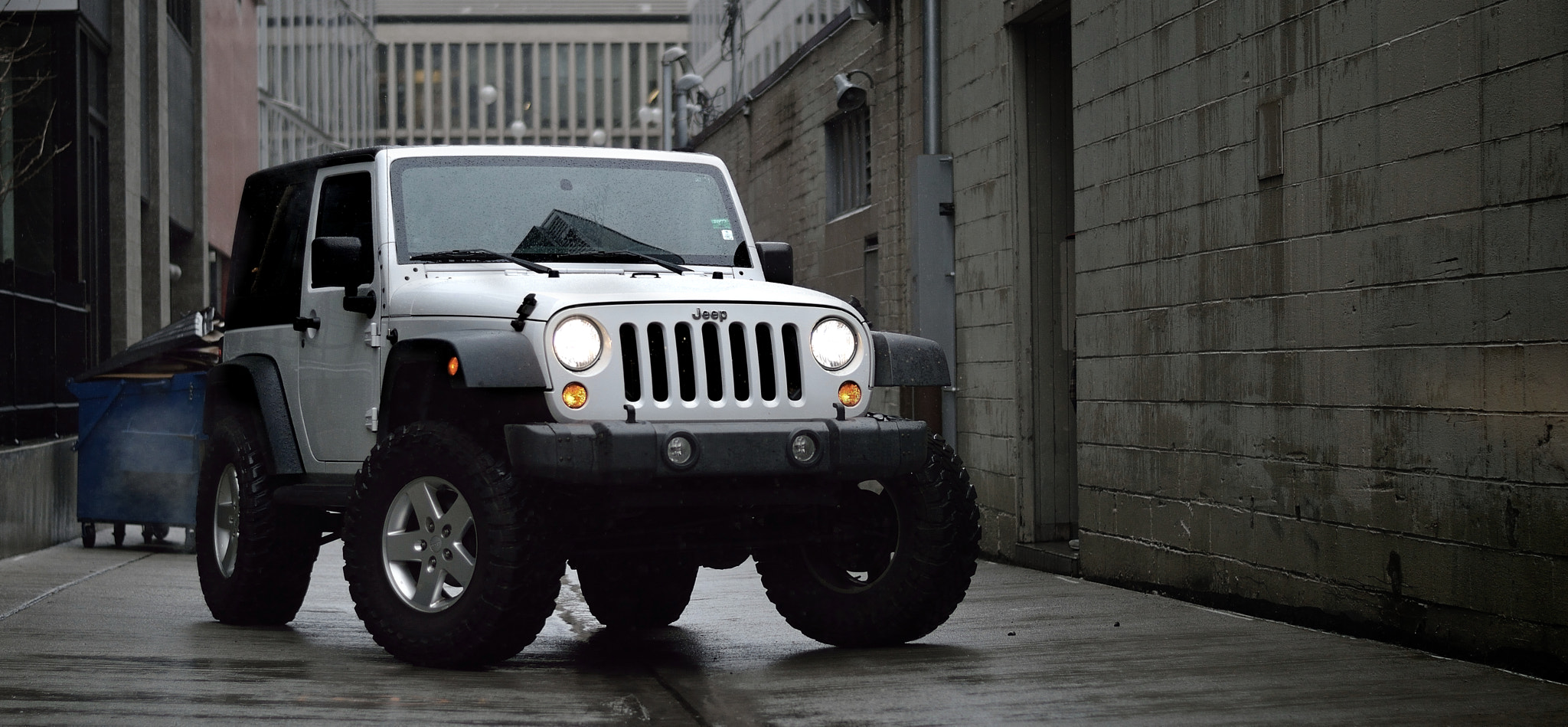
The continually circulating fluid also removes problems with freezing parts and collected water vapour that can afflict air systems in cold climates. This can be caused by either the air valve closing (due to the pedal apply stopping) or if "run out" is reached. It is almost impossible to completely seal any brake system from exposure to water, which means that regular changing out of brake fluid is necessary to ensure that the system is not becoming overfilled with the deposits caused by reactions with water. Run out occurs when the pressure in one chamber reaches atmospheric pressure and no additional force can be generated by the now stagnant differential pressure. When the brake pedal is applied, the movement opens an air valve which lets in atmospheric pressure air to one chamber of the booster. A relatively small diameter booster unit is required; for a very conservative 50% manifold vacuum, an assisting force of about 1500 N is produced by a 20 cm diaphragm with an area of 0.03 square meters. The diaphragm will stop moving when the forces on both sides of the chamber reach equilibrium. Since the pressure becomes higher in one chamber, the diaphragm moves toward the lower pressure chamber with a force created by the area of the diaphragm and the differential pressure.
One can see fear of change on the part of the business owner, and also, hope for better transparency on the part of the consumer. The Center for Internet and Society at Stanford Law School claims that "Some ninety percent of motor vehicle crashes are caused at least in part by human error". Also, vaporization of the hydraulic fluid under temperature extremes or thermal distortion may cause the linings to change their shape and engage less surface area of the rotating part. For this reason, hydraulic fluid must resist vaporization at high temperatures. Light oils are sometimes used as hydraulic fluids specifically because they do not react with water: oil displaces water, protects plastic parts against corrosion, and can tolerate much higher temperatures before vaporizing, but has other drawbacks vs. In Minnesota and Wisconsin, tow trucks are required to be equipped with red lights but such lights may be operated only when the tow truck is standing on or near the traveled portion of a highway preparatory to towing or servicing a disabled vehicle. In the US and Canada, vehicles over 80 inches (2.032 m) wide must be equipped with three amber front and three red rear identification lights spaced 6-12 inches (15-30 cm) apart at the centre of the front and rear of the vehicle, as high as practicable.
Australian Design Rule 45/01 provides for side marker lights on trucks and other large vehicles producing amber light to the front and red to the rear with no requirement to emit light to the side. These are used with "low drag" front calipers to increase fuel economy. A common upgrade is to replace the standard rubber hoses with a set which are externally reinforced with braided stainless-steel wires. The braided wires have negligible expansion under pressure and can give a firmer feel to the brake pedal with less pedal travel for a given braking effort. US 2591793 Device for adjusting the return travel of fluid actuated means. A master cylinder may also use differing diameters between the two sections to allow for increased fluid volume to one set of caliper pistons or the other and is called a "quick take-up" M/C. A triangular split system was introduced on the Volvo 140 series from MY 1967, where the front disc brakes have a four-cylinder arrangement, and both circuits act on each front wheel and on one of the rear wheels.
Comments
Post a Comment